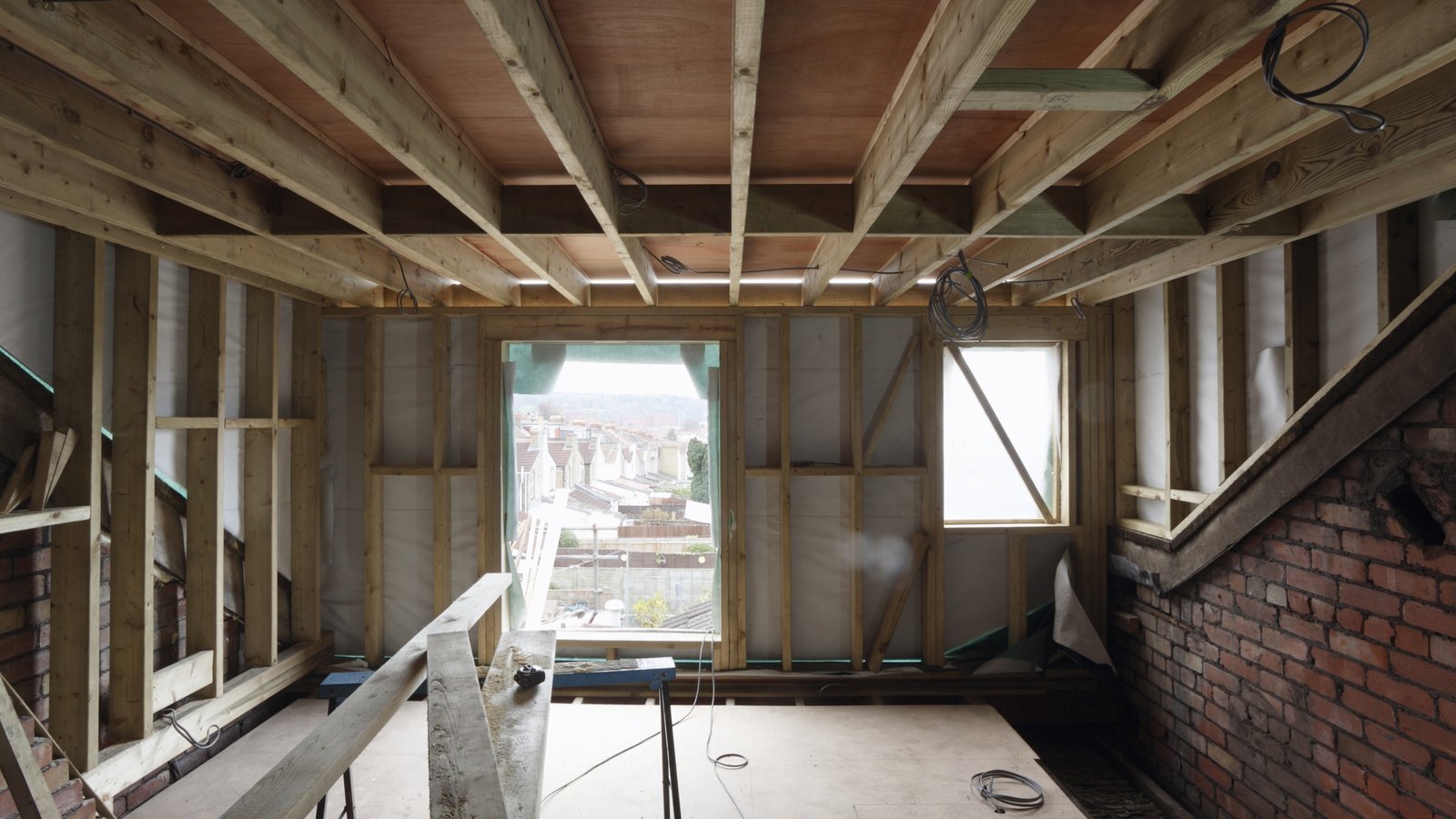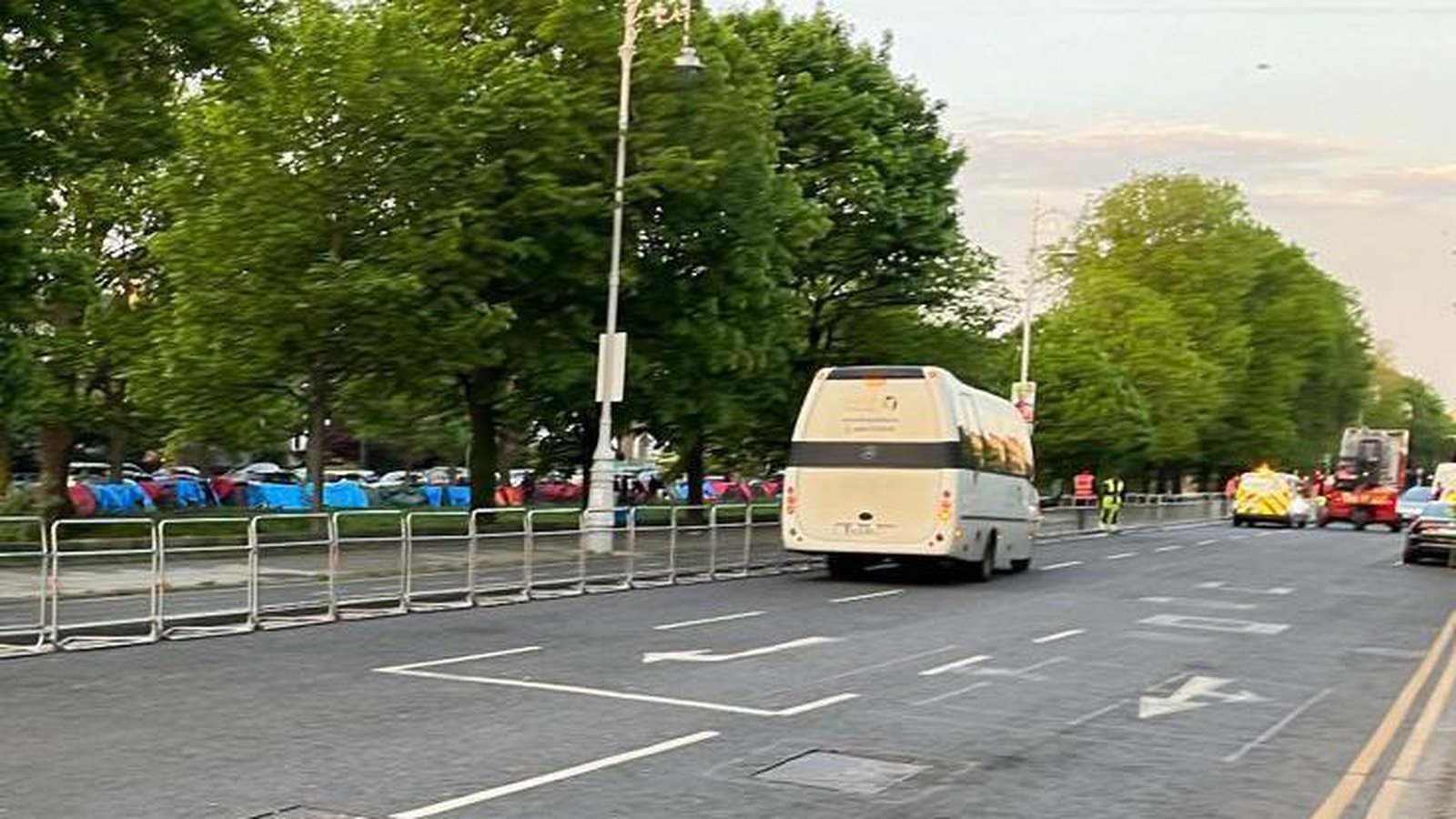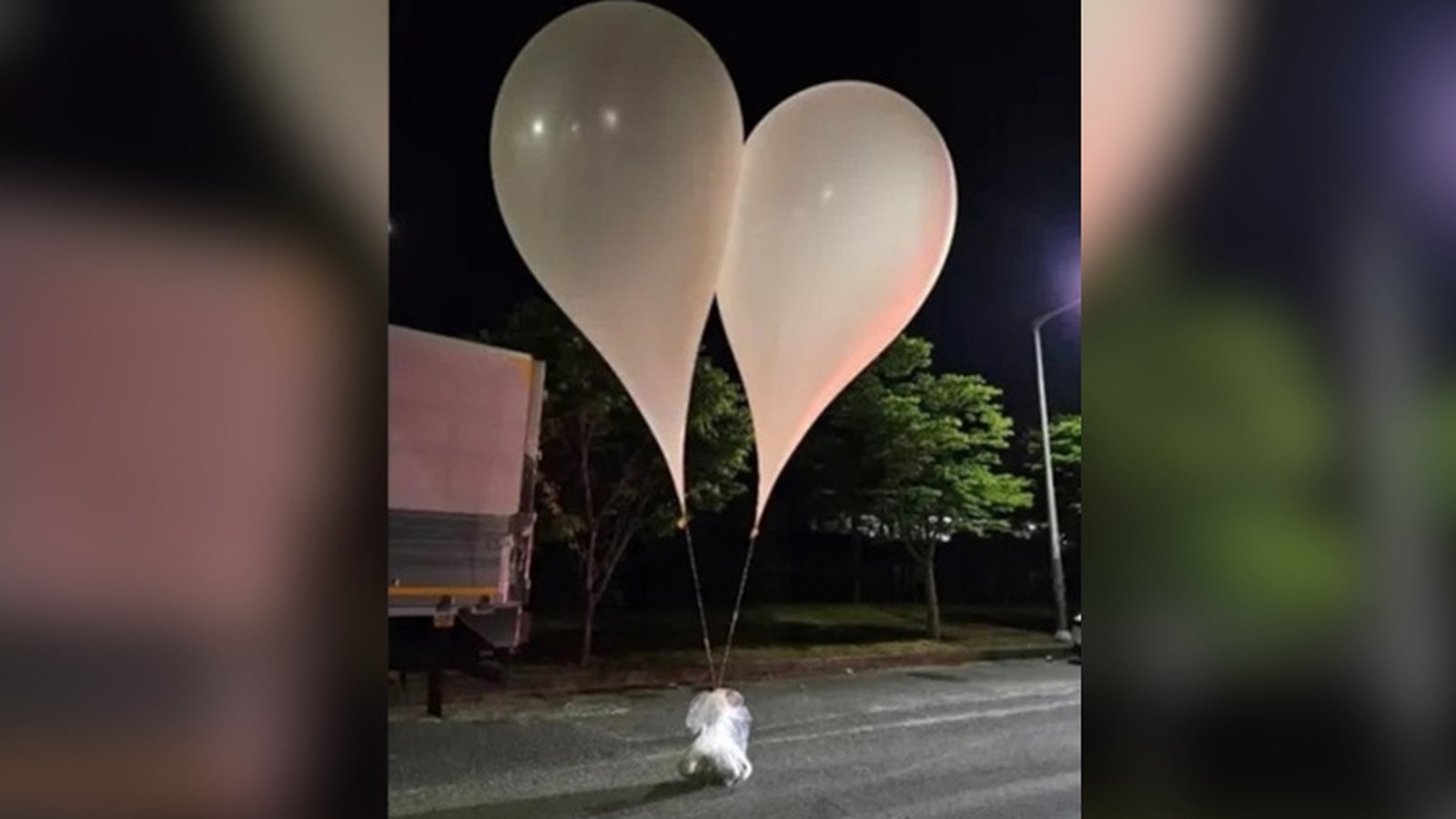Domestic violence ‘too huge a problem’ for one dept
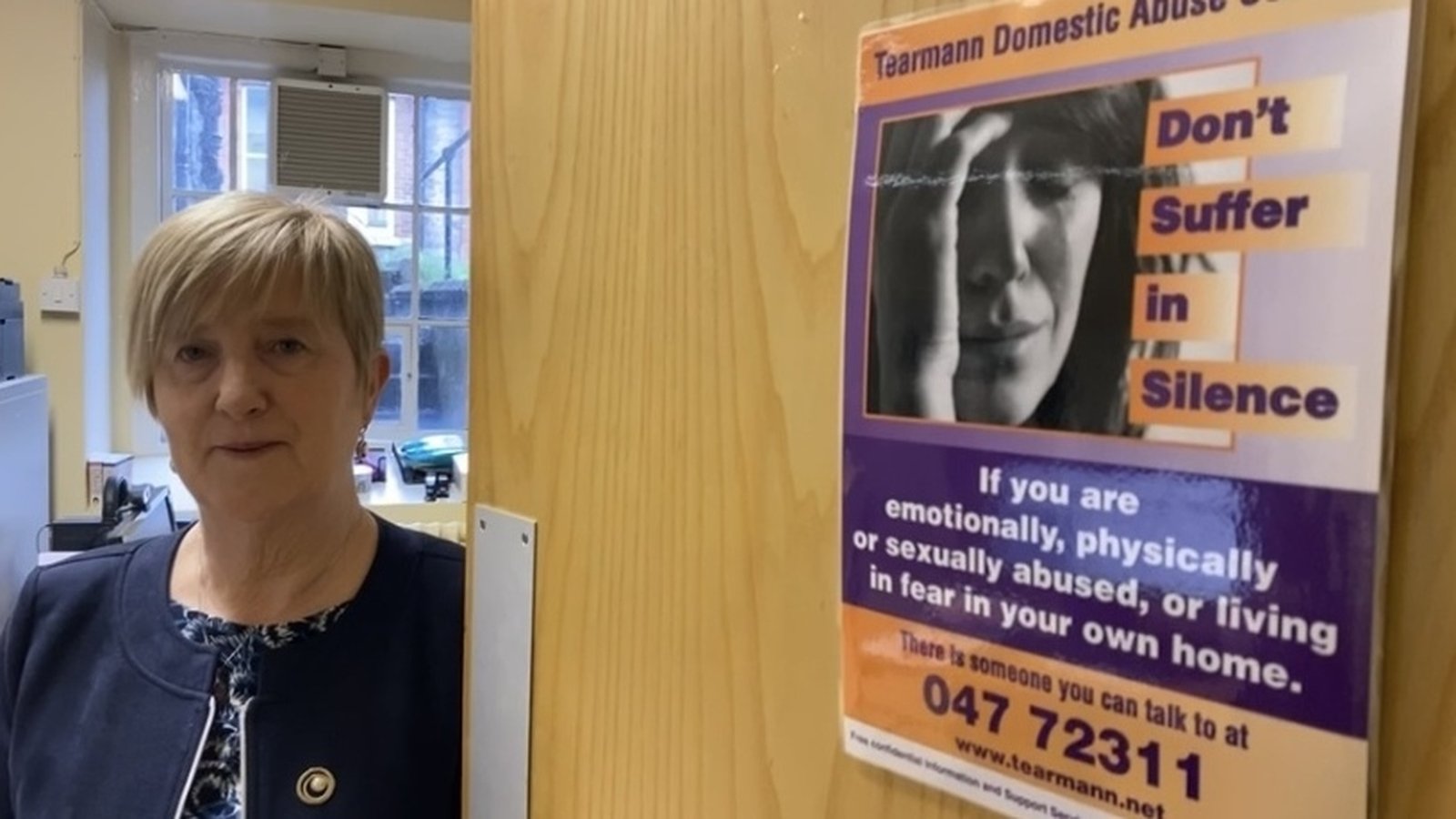
A national network of domestic violence refuges and support services has warned that a new agency set up to tackle the issue should not become a dumping ground for Government departments.
Cuan, the new statutory agency dedicated to domestic, sexual and gender-based violence, will coordinate Government strategies as well as supporting and overseeing the delivery of safe and accessible refuge accommodation.
It is expected to be operational by the end of January.
However, while strongly welcoming the establishment of the agency, Safe Ireland has said that overburdening it would make the agency ineffective and that a whole of Government approach is still needed.
“Our hope is that Government departments will not decide to dump everything on the new agency. That would overburden it and make it ineffective”.
Ms McDermott said that Safe Ireland will be “keeping a close eye” on Cuan, which she says will have a “direct line” to the Department of the Taoiseach.
“But other departments must play their part, they can’t dump everything on the agency now and say ‘you’re dealing with everything now for domestic violence’; it’s too huge a problem.
“If you think about the breadth: it’s adults, children, mental health, housing, welfare, finance, therapy, counselling, it’s huge”, she said.
Refuges
The Government is aiming to double the number of refuge places to 280 by the end of its five-year “Zero Tolerance” strategy in 2026, as well as providing more safe homes and step down accommodation.
There are currently 150 refuge places in operation around the country.
However, nine counties remain without any refuge provision whatsoever.
Those are Cavan, Monaghan, Sligo, Roscommon, Leitrim, Longford, Offaly, Laois and Carlow.
98 refuge places are planned for 12 “priority locations” by the end of 2025, including Cavan/Monaghan, Sligo, Westmeath, Longford, Offaly, Portlaoise, Carlow, Balbriggan, Dun Laoghaire/Rathdown, Cork city, west Cork and north Cork.
The Department of Justice said that engagement is ongoing to identify lead providers and sites in each of the priority locations.
Providers have been identified in most locations and sites have been identified in many others.
36 refuge units are also currently being developed in Dundalk, Navan and Wexford and the Department said they would be delivered by the end of 2024.
“In addition, an interdepartmental group is developing and progressing agreed processes and approaches to ensure we have the highest standard of refuge accommodation, delivered in the most efficient way.
“This will result in a more streamlined process for capital funding applications for new refuges and it has always been envisaged that the provision of new refuge spaces would accelerate as we progress through the lifetime of the Zero Tolerance Strategy,” the Department said.
Dundalk
Services in Women’s Aid Dundalk have evolved and expanded in the 30 years since it was first set up by a group of local volunteers.
Last year, its 24-hour helpline fielded around 20 calls a day, with more than 1,000 women contacting its services in Dundalk in 2022.
The Dundalk refuge can accommodate two women on site, along with their children. They also have places for four women and their children in the community.
The new development will double its capacity.
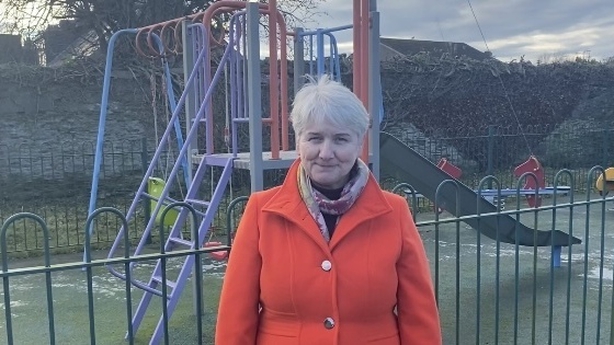
“Families who will stay with us from the end of 2025 will have their own front door,” said Ann Larkin, services manager at Women’s Aid Dundalk.
She stressed the importance of the woman’s own privacy and dignity, and said the new developments will “take account of the whole person, not just the immediate need for a safe bed for a night”.
“I never dreamed I would see a commitment to invest multi-millions in one refuge never mind multiple refuges, so I have to have hope for a better future for women and children in this country.”
A total of 28 women and 31 children were accommodated by Women’s Aid Dundalk in 2022.
However, where victims of domestic violence go after than initial crisis response is still a question to be answered.
Ms Larkin says the housing crisis has made it more difficult for women to move on, and that the “average length of stay” is no longer a relevant metric.
“It’s a serious issue around the country. Refuges are filling up, and there is no move-on possible for women and children. So it means then that there’s women who’ve not been able to access services either”.
She said that the Dundalk service had 350 requests it could not accommodate in 2022.
Some of those requests come from other counties in the northeast, where there are no refuge services.
Cavan and Monagahan
In Cavan and Monaghan, domestic abuse information and support services are provided by Tearmann.
It has a helpline, provides one-to-one support, and provides a court accompaniment service and other supports.
It is one of the services who will refer women in the area to Dundalk and beyond for refuge accommodation.
Siobhán McKenna from Tearmann said there was “no doubt” there was a need for more refuge spaces.
She said that when a woman presents seeking emergency accommodation, they have to pick up the phones.
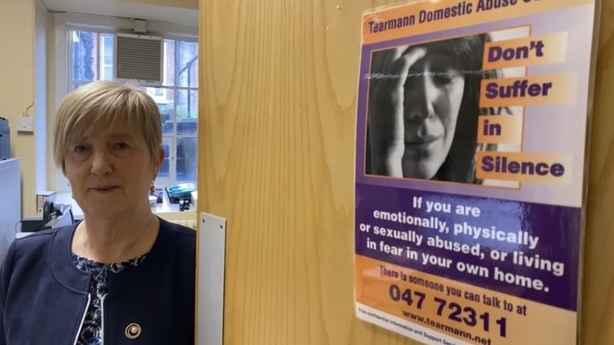
“We just start ringing from place to place, we try refuges in the region first, Dundalk, Drogheda, Navan. Then after that we tend to go towards Dublin, depending on what the availability is and then further down the country if we need to.”
“Often there is not [space available], but at the same time, we have to think about what else is available. If refuge is not available, the local authority may be able to step in with bed and breakfast,” she said.
As a priority area under the Zero Tolerance strategy, Cavan and Monaghan are in line for eight new refuge places by the end of 2025.
“It will be eight self-contained units with wrap around services, so the services we provide as is, will be integrated into that site,” she said.
Ms McKenna said that this would be enough to meet the current demand for the crisis response, but that a suite of other options are also needed.
“The refuge will suit a certain number of people, but it won’t suit everybody.”
Homeless Services
Safe Ireland has also called on the Department of Housing to change its policy on how local authorities deal with victims of domestic violence who present to homeless services.
It wants victims to be recognised by local authorities as a specific vulnerable group who are directly entitled to homelessness services.
The current guidance is that victims of domestic violence who present to homeless services through their local authority “should be referred to specialist domestic violence services in the first instance, so that any particular care needs can be considered and addressed”.
If a refuge service cannot meet the emergency accommodation needs, then the local authority “must consider their presentation in accordance with Section 2 of the Housing Act 1988”, which sets out the conditions on which a person can be regarded as homeless by a housing authority.
Once a person has been assessed as homeless, including those who are unable to return to their own homes because of domestic violence, local authorities may provide emergency accommodation and related services.
The Department of Housing said that it committed to a review of this 2017 policy under the Zero Tolerance strategy, and that review has now been completed.
Recommendations from this will be shared with external stakeholders for their input “in the coming weeks”.
“Homelessness services have to be provided to domestic violence victims and that can only be done through the Department, to their local authorities, through their respective circulars and guidelines,” says Mary McDermott of Safe Ireland.
“Because many victims won’t come to refuge, they will go straight to their local authority to seek support, so the Department of Housing and the section on homelessness need to respond to that,” she said.
While there is undoubtedly a need for more refuge spaces, those who work in the sector also say that refuges are not the answer to the wider societal problem of domestic abuse.
Move-on housing
Safe Ireland, while very supportive of the development of refuges, is clear that they are just one part of a woman’s journey out of a crisis situation.
“Refuge, on its own, is never and can never be the answer to domestic violence,” said Ms McDermott.
She said the Department of Housing and Local Authorities must ensure there are dedicated, safe, move-on housing with the relevant supports.
“After refuge, we are suggesting the need to provide safe and move on housing, where that crisis, high level of 24/7 support is not needed, and yet there is still a need for support”.
“You have to remember that people who go into and come out of refuges, are refugees in their own country.
“They meet the criteria of having endured assault, sometimes for years, and are most certainly traumatised and in need of a lot of support.
“But with the right support, victims and survivors want to move on and go about their business,” she said.

